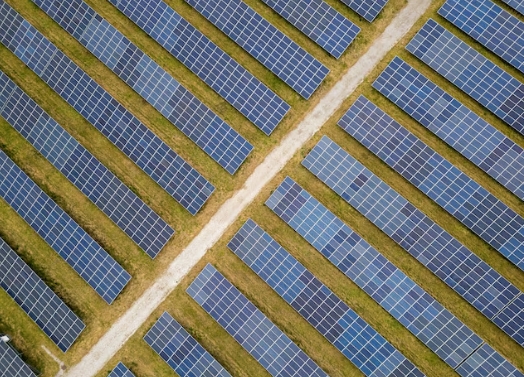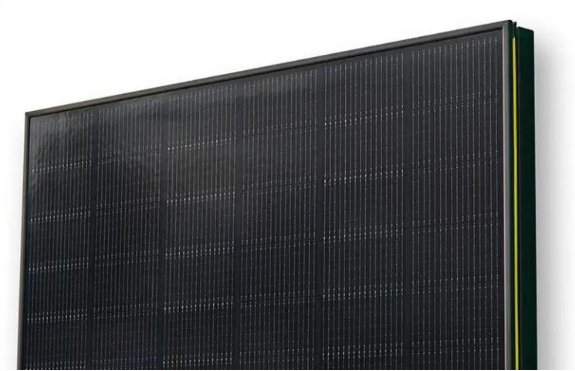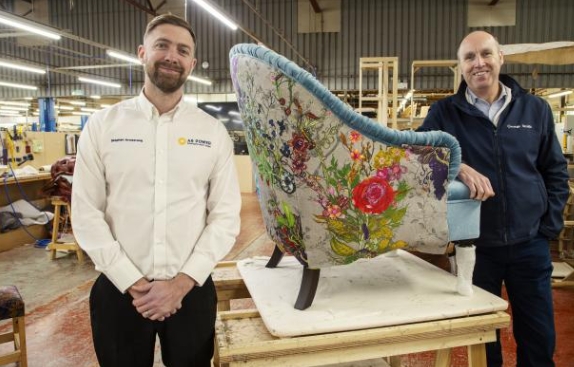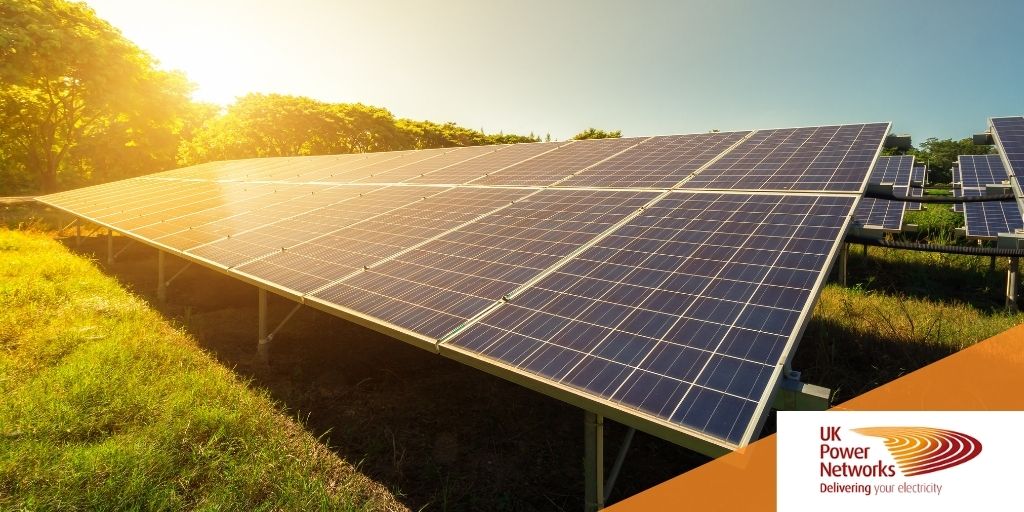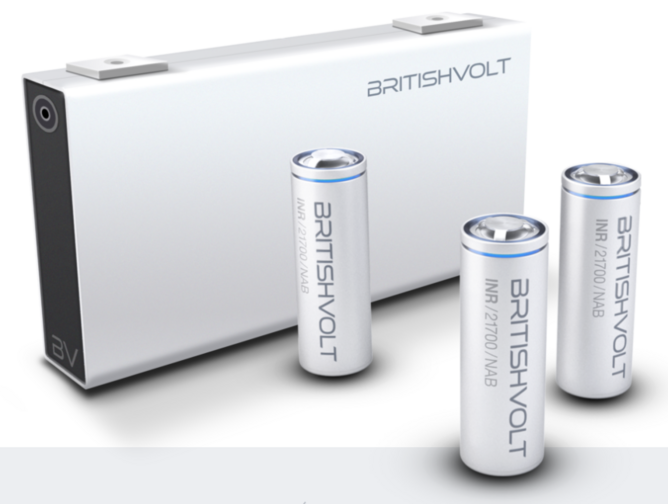
Battery technology pioneer Britishvolt has unveiled a development roadmap for larger format, 46900 high-performance lithium-ion advanced cell technologies which would be suitable for high-performance EVs.
Orral Nadjari, Founder/CEO, said it understands the importance of larger format cells, which is why its recent acquisition of EAS and scale-up facility in the Midlands will help its deliver 4690 cells that customers require.
"Critically, we will be able to build these game-changing cells in a truly sustainable, low carbon way," he said.
“We start with digital twin/simulation modelling, exactly the same way we did with our 21700 cell development, and then move on to physical prototyping. This improves efficiency, reduces waste, lowers costs and makes us leaner and more agile."
The 4690 cell pathway is in development at Britishvolt, where the company is leveraging its digital-twin simulation and modelling capabilities to drive engineering and bring technology to market quicker and more efficiently.
The use of digital twin, via its simulation and modelling capabilities, provides Britishvolt with analytical data and tools, coupled with its manufacturing expertise, to effectively tailor the 4690 cell.
This customisation can be in aspects including the variation of dimension, i.e. to shorten or increase the cell length against the 4690 format, in order to maximise performance and system integration delivering the product our end customers require.
Britishvolt recently extended its contract with WMG, University of Warwick to develop battery cell technologies and accelerate the route to market, in a multi-million-pound deal (click here).
Following an initial 12-month project, Britishvolt and WMG are now embarking on a two-year programme. WMG’s research will assist with battery cell development and optimisation including small-scale manufacturing to produce battery electrodes and cells using Britishvolt target materials sets, formulations and cell designs.
